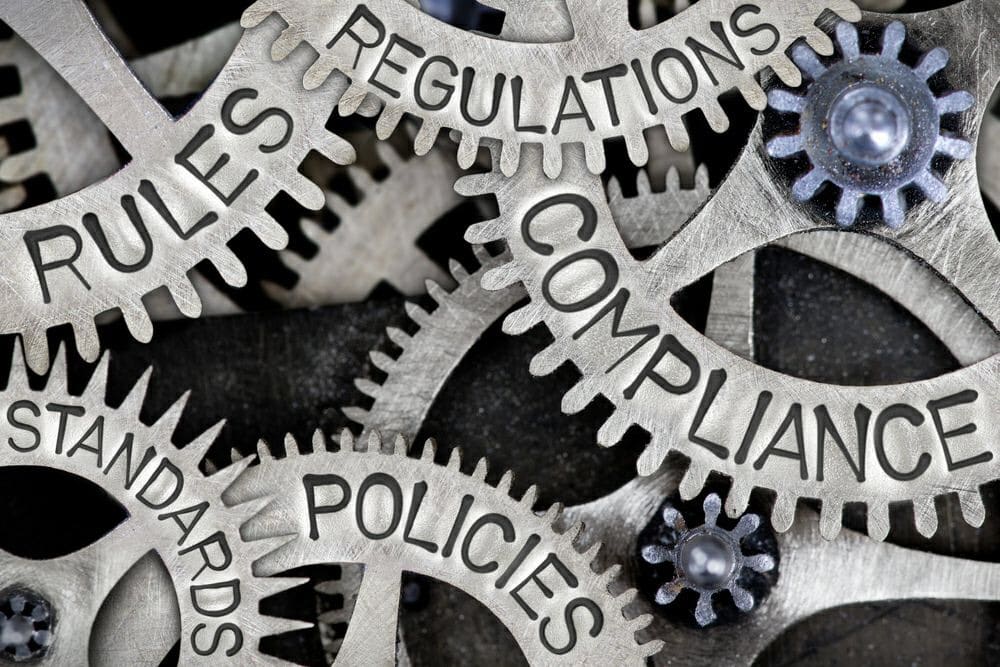Cryptocurrency has been in the finance world for ten years, and during this period, crypto assets have gained attention from finance giants as well as institutional investors. After ten years of its creation, the governments have now taken serious notice of cryptocurrency regulation.
Due to the crypto’s involvement in illegal activities, the regulatory authorities consider it necessary to make laws and regulations for cryptocurrency. In this race, some countries are at the forefront than others such as the US and some European countries.
Acceptance of Cryptocurrency
Some countries are still blinded to crypto potential and put a ban over its usage as payment throughout the country. But few countries are accepting it with an open heart as they have recognized the bright future of cryptocurrency and its underlying technology, blockchain.
Dave Hodgson, the chief investment officer of NEM Ventures, said:
“We will continue to see progressive governments furthering their regulations and mechanisms for allowing citizens to utilize payment and non-payment blockchain solutions in general. The countries that have been slower to address and formalize these regulations will continue to lose business and citizens to those jurisdictions taking a more progressive approach. I believe that these economic factors will continue to incentivize the slower movers to catch up.”
Cryptocurrencies are not tagged as illegal in the United States. But with the start of 2020, the U.S. Treasury Department decided to implement strict rules for digital assets in order to curb fraudulent activities such as money laundering. But a new intelligence cryptocurrency program has been proposed by the government to track illegal activity path.
A Threat to US Dollar
But the US does not want from cryptocurrency to be successful as a mainstream payment medium because it could threaten dollar supremacy. Glen Goodman, the author of The Crypto Trader, said:
“So the U.S. establishment is very nervous about encouraging any cryptocurrencies that could threaten the dollar’s dominant position in global finance. The U.S. enjoys what’s long been called the ‘exorbitant privilege’ of being able to print seemingly endless dollars and borrow unprecedented amounts without causing a collapse in the dollar. This is all because nearly every other country uses dollars as the standard for international trade and finance. As long as everyone needs dollars, the U.S. prints and borrows freely without crashing their currency.”
Russia’s government is also pondering on whether to ban cryptocurrency or not. The final bill about digital assets has not yet come on the screen.
With the implementation of the 5th EU Anti-Money Laundering Directive, it becomes necessary for exchanges to register with the financial regulatory authority in Europe.
At Tokenhell, we help over 5,000 crypto companies amplify their content reach—and you can join them! For inquiries, reach out to us at info@tokenhell.com. Please remember, cryptocurrencies are highly volatile assets. Always conduct thorough research before making any investment decisions. Some content on this website, including posts under Crypto Cable, Sponsored Articles, and Press Releases, is provided by guest contributors or paid sponsors. The views expressed in these posts do not necessarily represent the opinions of Tokenhell. We are not responsible for the accuracy, quality, or reliability of any third-party content, advertisements, products, or banners featured on this site. For more details, please review our full terms and conditions / disclaimer.
